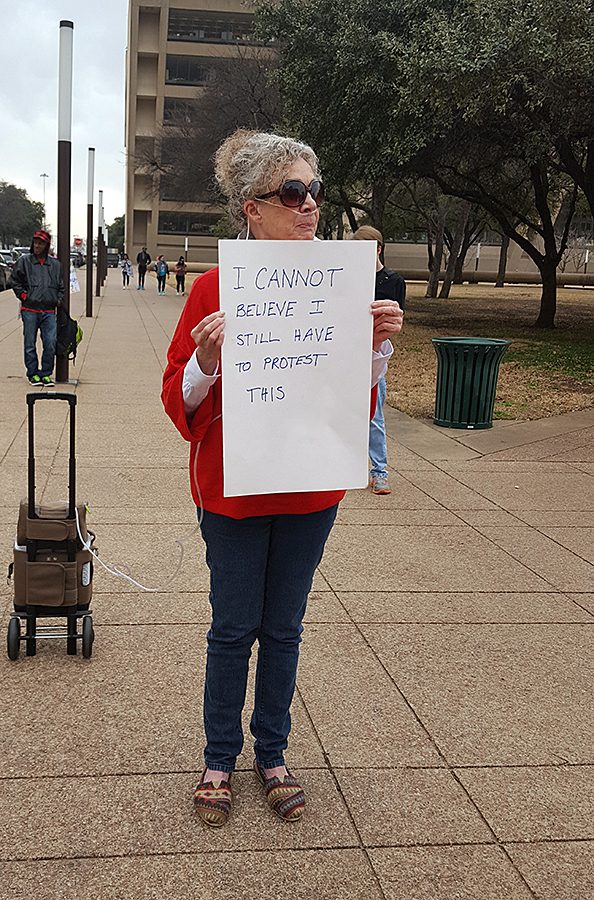He looks around to see if he is being watched or followed as he tried to move stealthily through the halls out the door so that he can join his friends. Skipping class maybe fun and games at first but after a while it starts to pile up and soon you find yourself in front of a judge. Once a student does not attend class up to 90 percent of the time, the student is placed under truancy.
Recently, our school has been recognized for its achievement of the highest attendance rate and only 3 star school in the district. For every student that attends school, the school receives funding for their attendance. This is why teachers are stressed on taking attendance correctly.
According to attendance secretary Zoraida Pineda, the secretaries usually do not receive adequate reasons as to why students did not attend school. But to her, there are no differences between reasons why students did not attend school if they do not have an excuse note, whether it was for a doctor’s appointment or just not wanting to be at school.
“If [students] skip because they are sick, they must have a doctor’s note,” Pineda said. “But if they skip because they have problems or don’t want to come, [then that is on them.]”
When a student faces a judge, they will usually be required to pay a fine, do community service hours, write an essay with a predetermined amount of words or have to put a puzzle together with their family.
After a student misses ‘x’ amount of days, that student will have to take Credit Recovery in order to make up their classes. They lose the ability to go attend senior events such as prom, the senior picnic and also lose their exemption cards.
“[Students think,] ‘Now that I got through the first semester of school, I zero out my attendance,’ [but] that’s not true,” Principal Jeff Dorman said. “When second semester starts, your attendance, as far as your absences, does not start over and that’s a big misconception that students have.”























